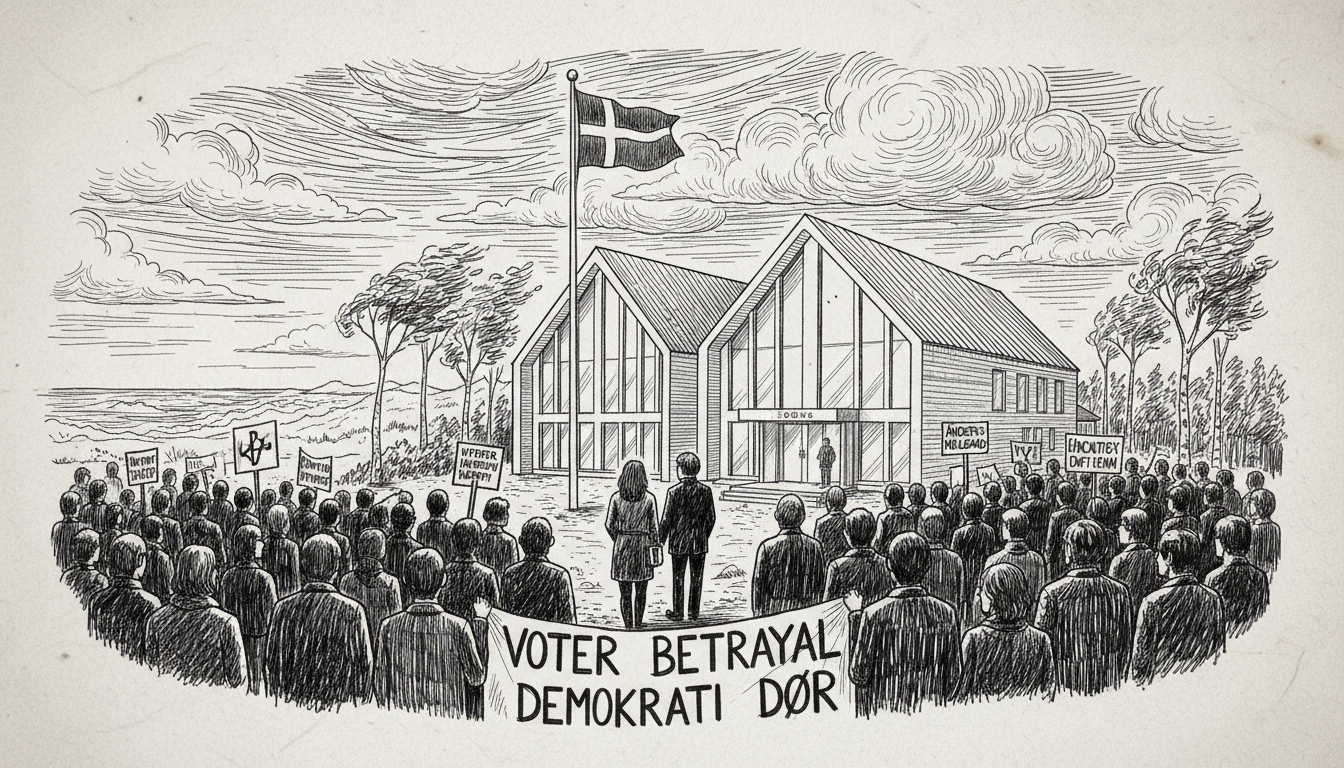A Danish politician faces public anger after changing parties following local elections. Ulla Sørensen switched from the Social Democrats to the Liberal Party after election night. Her decision proved decisive for power distribution in Middelfart Municipality.
Approximately 200 protesters gathered with signs reading 'Stop the vote thief.' One sign featured Sørensen's image with the text 'The election's biggest voter fraud?' The demonstration occurred just days after the municipal elections concluded.
Sørensen defends her controversial move. She describes herself as a team player committed to broad cooperation. In a recent interview, she stated 'I am a team player all the way through. I said yes to negotiate, and that has been it.'
Political defections carry particular weight in Denmark's proportional representation system. Voters typically support parties rather than individual candidates. When politicians switch parties between elections, it can dramatically alter political majorities. This case highlights ongoing debates about political accountability in Nordic democracies.
The party shift created a new majority coalition in the 25-seat council. Thirteen mandates now support the Liberal Party's Anders Møllegård as mayor. The coalition includes the Liberal Alliance, Denmark Democrats, Red-Green Alliance, and the Alternative Party.
Sørensen clarified she never sought the mayor position despite speculation. 'You all thought I would be mayor and called me that, but I have only been the negotiation leader. It is not me who becomes mayor, and I have never wanted that,' she told local media.
The protest organizer, high school student Eik Bærholm Frikke, ran for the Social Democrats in the recent election. Youth-led political activism has become increasingly visible across Nordic countries. Young voters often express frustration with perceived political opportunism.
This incident reflects broader Nordic political trends where single council members can determine local government formations. Similar cases have occurred in Sweden and Norway, though Danish politics maintains distinct coalition dynamics. The situation demonstrates how individual decisions can override party platforms in municipal governance.
Local political defections raise questions about voter representation. Citizens vote based on party platforms and campaign promises. When elected officials change parties, it potentially undermines the electoral mandate. This case will likely influence future discussions about political ethics and voter trust in Danish local politics.

